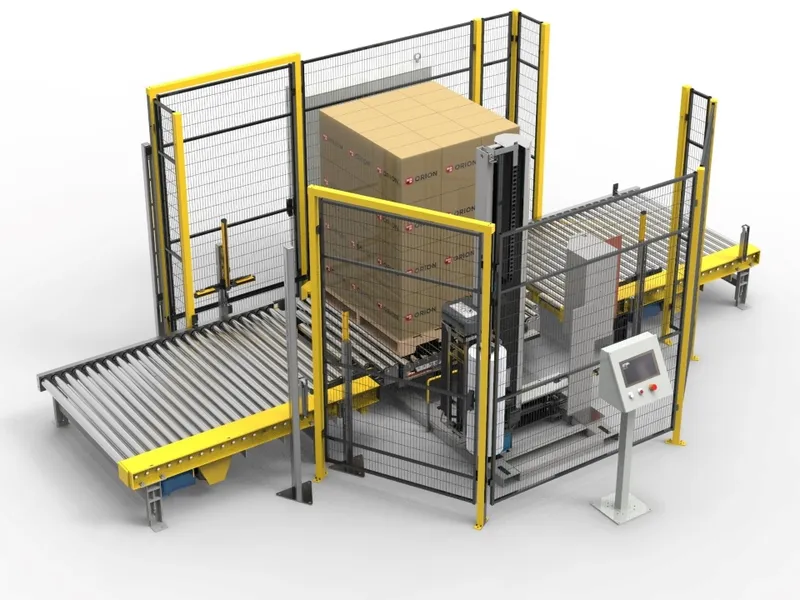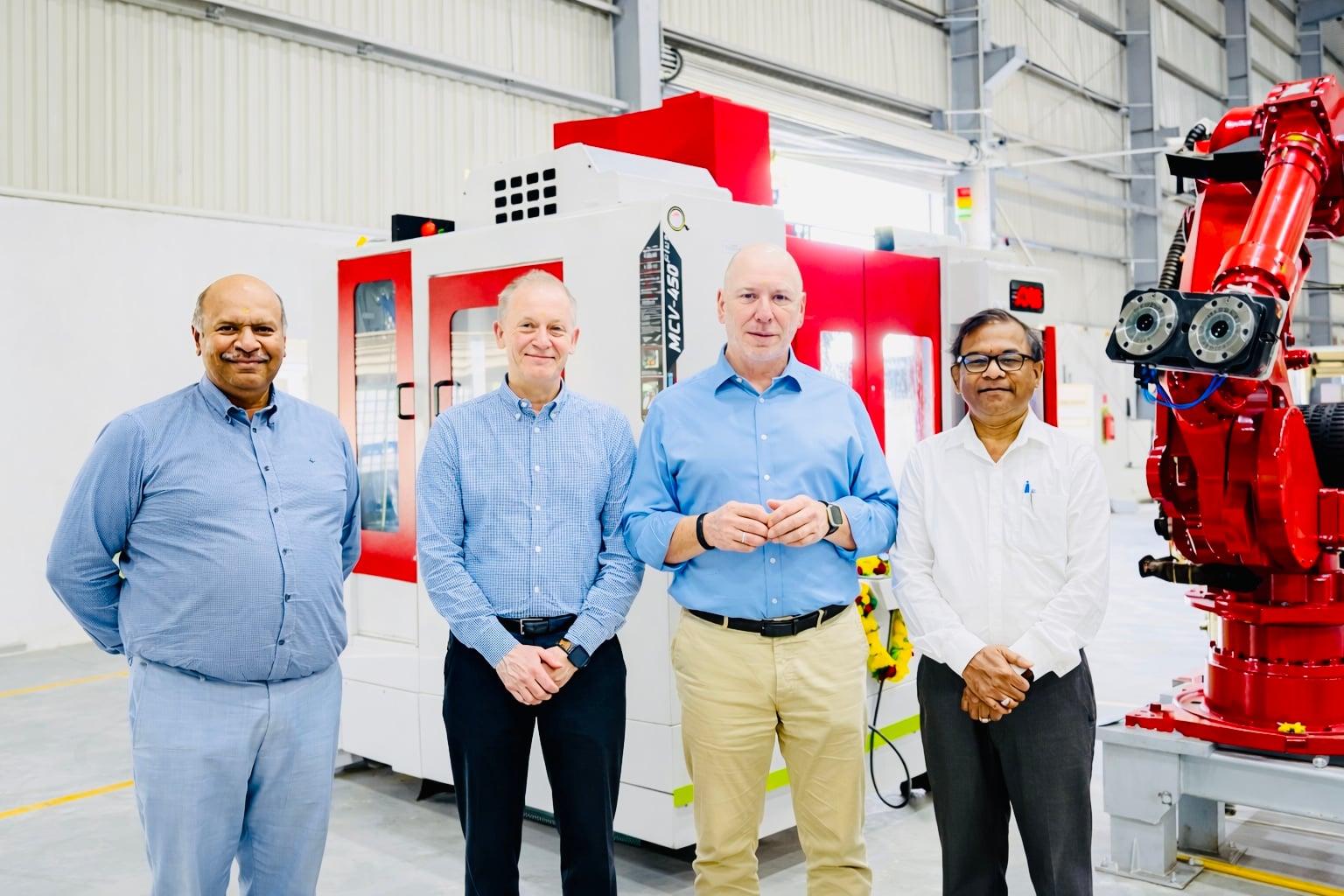
UK Manufacturing Faces Pressure Amid Stagnant Output and Growing Cost Challenges, Says CBI
UK manufacturing output remained broadly flat in the quarter to April, according to the latest CBI Industrial Trends Survey, with optimism faltering across the sector. The survey, which gathered responses from over 270 manufacturing firms, shows that while strength in the automotive sector offset declines in other areas, firms are bracing for a slight contraction in output over the next three months.
Both domestic and export orders fell during the April quarter, with manufacturers forecasting further declines through to July. Half of all respondents cited political or economic uncertainty abroad as a significant constraint on export orders—the highest level recorded since April 2021—highlighting the growing geopolitical challenges manufacturers face.
Cost pressures continue to mount, with manufacturers reporting an acceleration in average cost growth since January. Expectations for further cost increases remain firm, particularly for domestic prices, which are anticipated to rise at a faster pace through July. Export prices, however, are expected to hold steady.
The survey paints a mixed economic picture, with a sharp deterioration in overall business sentiment. Firms indicated they plan to reduce investment across all major areas in the year ahead. Intentions to spend on buildings, machinery, innovation, and training have all weakened, reaching their lowest levels since 2020. Key factors cited include uncertainty about demand, low net returns on investment, and persistent labour shortages.
The employment outlook is similarly negative. Manufacturing headcount fell during the quarter to April at its fastest pace since October 2020, and further job cuts are expected by July.
Ben Jones, Lead Economist at the CBI, commented:
“The recent downturn in manufacturing output appears to have eased, but manufacturers still seem gloomy about their prospects amid rising costs, an expected decline in new orders and heightened uncertainty around global economic conditions. Financial pressures, market instability, and low confidence are forcing firms to scale back investment and employment.”
He added:
“The geopolitical climate is becoming tougher for exporters, and export optimism has fallen for a second straight quarter. With the Chancellor reaffirming support for free trade at the IMF spring meeting, it’s vital the UK backs that message with domestic policies focused on stimulating growth and incentivising investment.”











